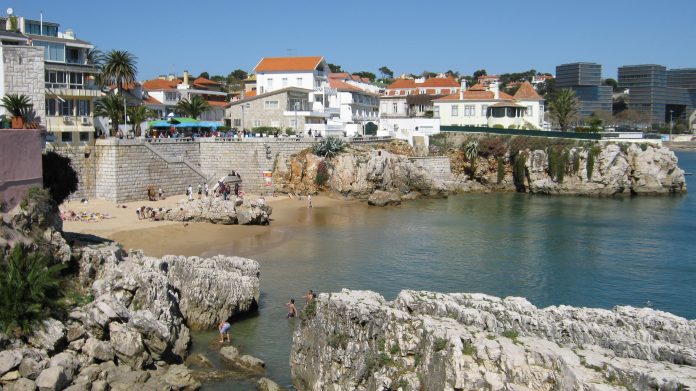The Special Committee on Financial Crimes and Tax Evasion (TAX3) presented a draft of its findings and recommendations today.
“Outdated tax regimes make governments lose taxes, distort competition and undermine citizens’ trust. The European Commission has proposed more than 20 laws to modernise the tax system, to close gaps and react to threats. But fundamental changes such as a common tax base, a digital service tax or a definitive VAT system are still needed to bring Europe’s tax regimes up to 21st century standards”, said Luděk Niedermayer co-rapporteur who drafted the recommendations jointly with Socialist MEP Jeppe Kofod.
The EPP Group in the European Parliament strongly criticises schemes of certain EU Member States, offering citizenship or residence in exchange for investments.
“These schemes which regularly involve tax privileges are being abused. They pose a security threat to the rest of the EU. They do not even provide economic benefits for the states who set them up. They undermine the confidence of citizens in the EU and lead to tensions between EU Member States”, said Dariusz Rosati MEP, EPP Group Spokesman in the Special Committee.
After many months of expert hearings, studies and fact-finding missions, the Special Committee presented its findings today. The EPP Group wants to give priority to enforcing laws rather than creating new bodies.
“The effective use of new tools and data available to tax authorities and law enforcers brings better results than centralising tasks or setting up new centralised bodies. National authorities must use the new legal tools more efficiently and must collaborate more closely. Very often the problem is sheer distrust between national tax authorities”, Rosati explained.
Not only non-taxation, but also double taxation is a problem.
“Double taxation has an equally negative impact on the trust of honest taxpayers and distorts market competition”, Rosati recalled.
Now, all MEPs on the Special Committee can propose amendments to the draft Report. The Committee will conclude its work at the end of February 2019.

